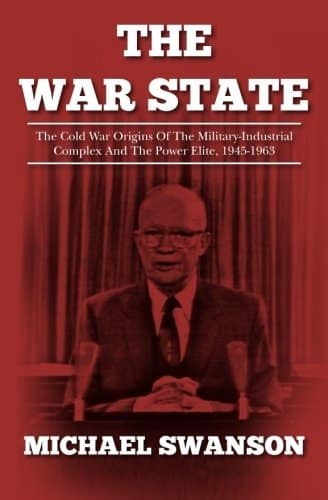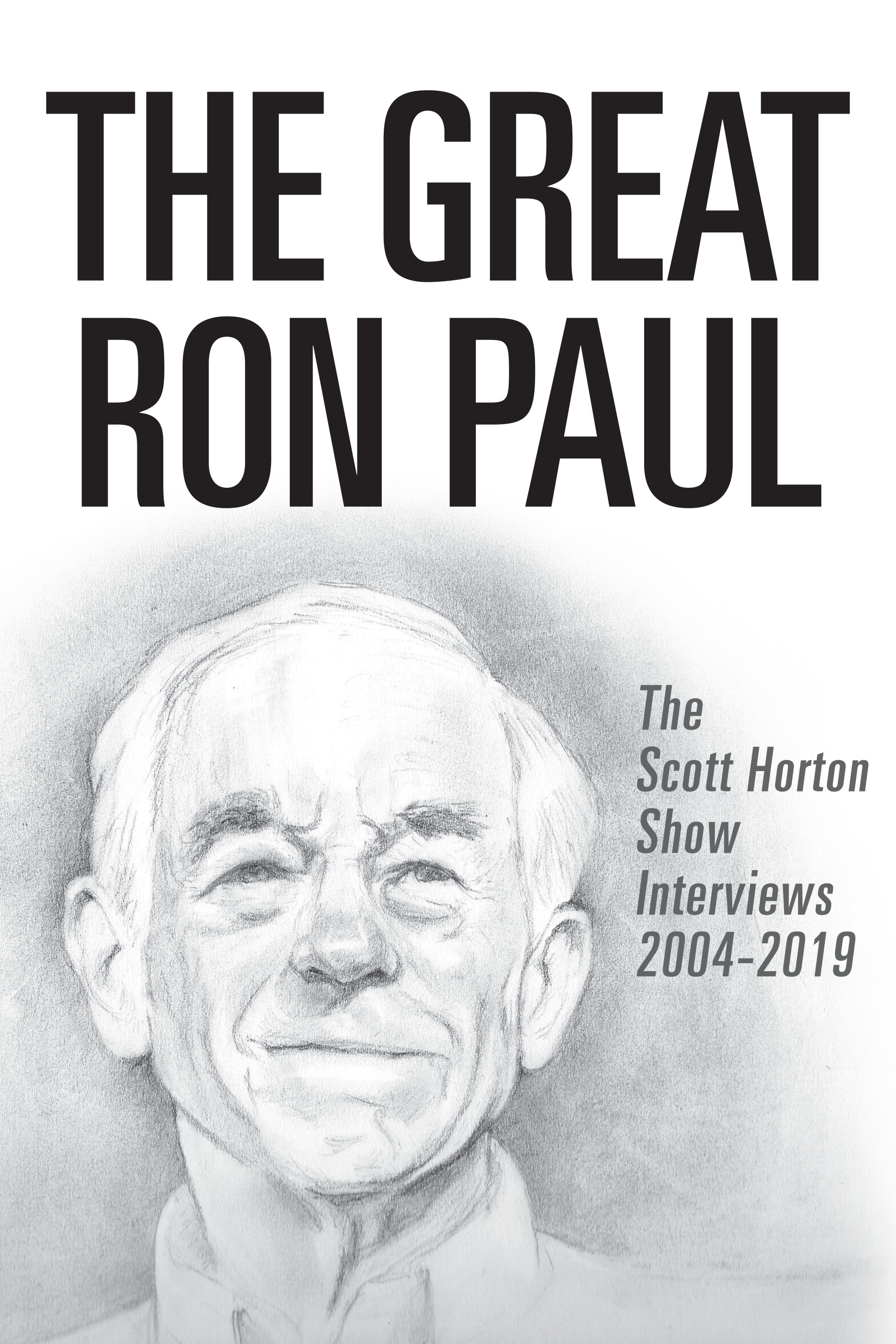Jamie McGoldrick of the United Nations joins Scott to discuss the latest developments in Yemen. McGoldrick gives an overview of the Yemeni political, sociological, and economic situation, explains why the official death count is certainly too low, and outlines what needs to be done to alleviate the suffering of the people of Yemen. McGoldrick is the United Nations Resident Coordinator/Humanitarian Coordinator and United Nations Development Programme (UNDP) Resident Representative for the...
11/29/17 Reese Erlich on Saudi Arabia’s expanding role in the Middle East
Reese Erlich joins Scott to discuss Saudi Arabia and their new de facto King, Mohamed Bin Salman, the story behind Lebanon prime minister Saad al-Hariri's resignation and subsequent un-resignation, and the deep discord in Trump's state department over it all. Erlich and Scott then discuss Trump's heightened tension with Iran, how the Iraq War was a major gift to the Iranians, and why the concern for control of the global oil supply has determined much of U.S. foreign policy. Lastly, Erlich...
11/16/17 Scott Paul on the latest devastating Saudi blockade in Yemen
Senior Humanitarian advisor at OxFam America Scott Paul returns to the show to discuss the latest developments in the U.S.-Saudi war in Yemen. Paul explains that the situation has gone from bad to gruesome with the latest Saudi blockade following the Houthi attempted missile strike of the Saudi airport at Ridyah. According to Paul seven million people are attempting to survive on one meal a day while cholera cases continue to soar. Paul says that aid is the first major step, but that a...
11/6/17 Reese Erlich on the political turmoil in Iraqi-Kurdistan and Saudi Arabia
Reese Erlich returns to the show to discuss his latest article for Antiwar.com, "US Sells Out the Kurds—Again" Erlich discusses the history of the Kurds in Iraq, America's yo-yoing approach to first supporting then betraying the Kurds, and how it all relates back to today. Scott then brings the discussion to the political turmoil in Saudi Arabia, and what the apparent coup means for the U.S.-Saudi relations and the Middle East generally. Reese Erlich is a nationally syndicated columnist and...
11/6/17 Elijah Magnier on the mayhem in Lebanon and Saudi Arabia
Middle East correspondent Elijah Magnier returns to the show to discuss the latest turmoil in the Middle East and his recent article "ISIS into History’s rubbish bin and Iraq neither Iranian nor American." Magnier shares what he knows about the resignation of Saad Hariri in Lebanon, and Saudi Arabia's role in the latest Middle Eastern mess. Magnier then discusses the history of Hezbollah in Lebanon, the distinction between the terrorist group and the parliamentary party, which has considerable...
10/26/17 Kate Kizer on H.Con.Res.81 and how to end the war in Yemen
Kate Kizer, the Director of Policy and Advocacy at The Yemen Peace Project joins Scott to discuss H.Con.Res.81 which is attempting to "remove U.S. Armed Forces from hostilities in the Republic of Yemen." The resolution may be voted on as soon as Friday, November 3rd despite the efforts of some members, including Paul Ryan, to prevent the bill from coming to the floor. Kizer explains why she's optimistic that the bill will pass as momentum continues to grow as it's been delayed—but that every...
10/25/17 Nasser Arrabyee updates the U.S.-Saudi War in Yemen
Nasser Arrabyee returns to the show and updates the fighting in Yemen where Saudi airstrikes continue throughout the country, including in Sana'a. Arrabyee explains how Yemen has devolved into a mess of conflicting tribal and national interests. Scott introduces H.Con.Res.81 and explains what you can do to help stop the U.S. war in Yemen, which has, among other things led to nearly a million cases of cholera infections in the country. There are two different kinds of people being killed every...
9/8/17 Andrew Cockburn on Saudi Arabia’s role in 9/11
Washington editor of Harper's Magazine, Andrew Cockburn, returns to the show to discuss his latest article, "Crime and Punishment: Will the 9/11 Case Finally Go to Trial?" Cockburn explains how the 9/11 families overcame the legal impediments against suing the state of Saudi Arabia even in the face of rank opposition from the Obama administration, what he believed was revealed in the 28 pages, and how the Saudis helped fund the spread of Wahhabism and the rise of al-Qaeda. Cockburn believes...
9/6/17 Patrick Cockburn on al-Qaeda’s resurgence in Syria
Author and journalist Patrick Cockburn returns to the show to discuss his reporting on the heavy casualties in Mosul and why they've been underreported in the media. Cockburn explains how ISIS's guerrilla war tactics increase civilian casualties, why the Syrian Kurds fighting against ISIS in Raqqa have considerable incentive to extend the fight against ISIS, and discusses his latest article for the Independent on al Qaeda's power grab in Syria, "While defeat of Isis dominates global attention,...
April 14 – Today on Antiwar Radio
Listen Live from 9:00 AM PT – 12:00 AM PT
http://lrn.fm/ or http://kaosradioaustin.org/
Guests: Ahmed Al Omran, Gareth Porter, Matt Southworth
Prince Bandar Says Saudi Intelligence Was “Actively Following” 9/11 Hijackers
(CNN) — Saudi Arabia could have helped the United States prevent al Qaeda's 2001 attacks on New York and Washington if American officials had consulted Saudi authorities in a "credible" way, the kingdom's former ambassador said in a documentary aired Thursday. The comments by Prince Bandar bin Sultan are similar to the remarks this week by Saudi King Abdullah that suggested Britain could have prevented the July 2005 train bombings in London if it had heeded warnings from Riyadh. Speaking to...















